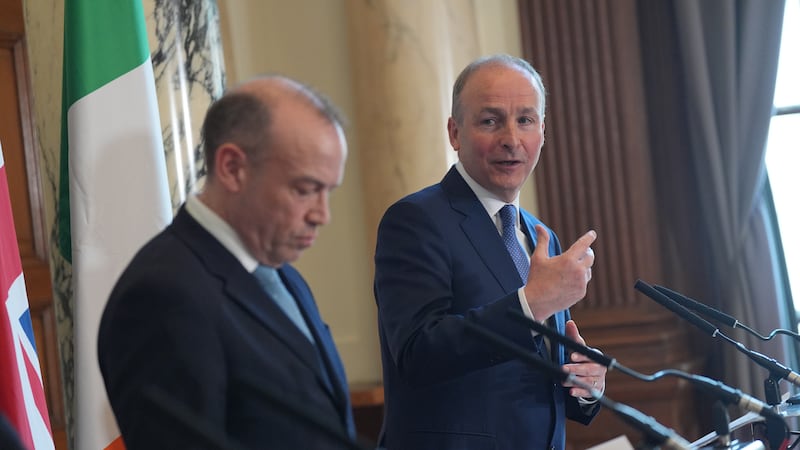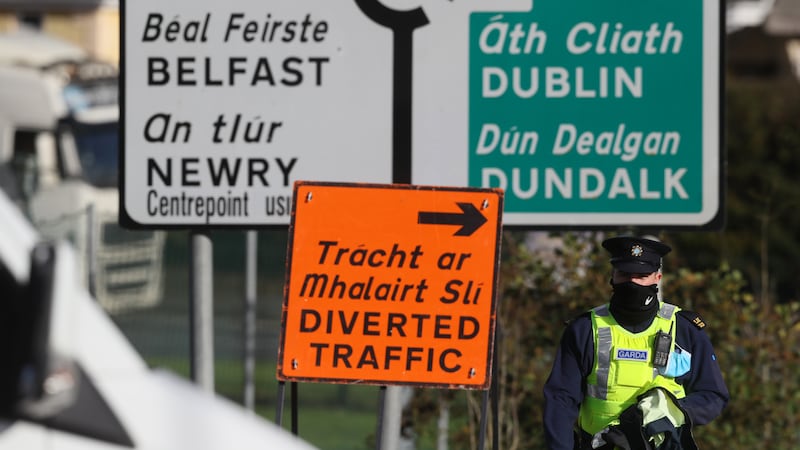OF all the ancient philosophers, Diogenes was one of the most eccentric. He embraced poverty as a way of life, and challenged the elite of his time – including fellow philosophers. He made his living begging, and slept in a large ceramic jar.
He declared himself to be a citizen of the world, not for him narrow provincialism. And he loved stunts. His eccentricity was his secret weapon. Famously he carried a lamp during daylight saying he was searching for an honest man.
The founder of the Cynic school of philosophy, he did enough in his time to ensure that more than 2,000 years on people would still be talking about him.
This is remarkable because little of his teaching has come down to us. He is known mostly for quips and quotes attributed to him. One of the most profound was his observation that the education of young people was the foundation of the state.
It’s something we would do well to remember.
The Irish need few lessons in the importance of education. Even in the midst of persecution, teaching was prized and the hedge schools gave a generation the tools they needed to fight for justice.
In Northern Ireland, education, not terrorism, was the driver for change, sweeping away a corrupt system of government, and providing the context for reconciliation.
The peace process was an intellectual pursuit by one of the most remarkable products of the Catholic education system: John Hume - one of two Nobel Prize winners to have emerged from St Columb’s College in Derry.
The other, Seamus Heaney, was the pivotal figure in Ireland’s emergence as a dominant player in English language poetry in the late twentieth century. He too was an example of the power of education to transform an individual’s life chances. They were grammar school boys.
But the grammar school system, once the driver for upward mobility, is no longer fit for purpose, though many Northern Ireland politicians – usually products of these schools – remain emotionally wedded to them and to the pernicious process of selection at 11.
Education minister Peter Weir is one of these. This week he reversed his department’s policy on selection. Primary schools can now prepare pupils for the 11-plus. Mr Weir cited social mobility as one of the reasons for this shift in policy.
But that doesn’t stand up to scrutiny. The evidence suggests grammar schools benefit the middle classes disproportionately. In that regard, and given its electoral base, the DUP’s espousal of selection at 11 seems perverse.
Too many youngsters are failed by education. The 11-plus is divisive and selection comes too early in children’s developmental cycle. Boys – who mature more slowly intellectually - are particularly disadvantaged at this stage.
In spite of Northern Ireland’s continued support for grammar schools, tens of thousands of children underachieve. The negative impact is not just on their personal life chances but on society’s capacity to deliver a high quality of life for its citizens.
As the knowledge economy asserts itself, we need education that maximises the potential of each individual. It is not impossible to meet the needs and aptitudes of individual students within a properly resourced comprehensive system.
As any parent knows, there are multiple types of intelligence. We maximise our potential when each is stimulated and encouraged. For too long we have prized academic prowess at the expense of other intelligences.
Today’s world needs people who combine knowledge with other skills –not least emotional intelligence, technical capability and creativity.
Strong communication skills, a belief in enterprise and an understanding of how the modern world works are as important as the niceties of grammar and the intricacies of trigonometry.
More important still, we need education that values not just knowledge but its application. Intellectual snobbery undermined technical education in the twentieth century, and our economy has paid the price.
Building a consensus on education is not easy. But thus far public policy appears to be founded on ideology, or nostalgia for an earlier age where the top ten per cent were hived off for a grammar school education and a career in the professions.
Northern Ireland is small enough to refashion an education system that meets today’s needs and, more importantly, the needs and aspirations of our children.
If Mr Weir wants to leave a lasting legacy he should look to the future rather than the past; draw on the wealth of research about how to maximise children’s outcomes, and build a political consensus around the ends of education rather than out-dated means.









